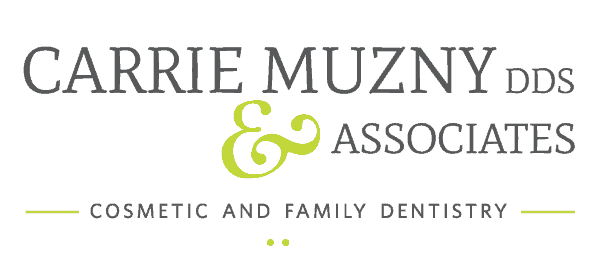SOMETIMES BRUSHING IS NOT ENOUGH, ESPECIALLY WHEN IT COMES TO HARD-TO-REACH SPOTS IN YOUR MOUTH.
It is difficult for your toothbrush to get in-between the small cracks and grooves on your teeth. If left alone, those tiny areas can develop decay. Sealants give your teeth extra protection against decay and help prevent cavities.
Sealants are plastic resins that bond and harden in the deep grooves on your tooth’s surface. When a tooth is sealed, the tiny grooves become smooth and are less likely to harbor plaque. With sealants, brushing your teeth becomes easier and more effective against tooth decay.
SEALANTS TYPICALLY LAST BETWEEN THREE AND FIVE YEARS.
It is fairly common to see adults with sealants still intact from their childhood. A sealant only provides protection when it is fully intact, so if your sealants come off, let your dentist know so you are able to get it resealed.
SHOULD I GET A SEALANT?
Brushing and flossing are the best ways to prevent cavities, however, not every area of the mouth is easy to clean. The teeth in the back of your mouth, your molars, are a popular spot for food particles and cavity causing bacteria to build-up. Molars are also an area many people don't clean properly.
Because of this, many individuals opt to put sealants on their molars. Sealants are best applied when the molars first develop. This is to prevent cavities from ever forming on those teeth. However, even with minor cavities, sealants may be applied on top of them to prevent further damage.
Both children and adults choose sealants to prevent cavities and tooth decay, especially if they are prone to tooth decay. It's a simple and painless process. If you think sealants are something you are interested in, then contact our team and our dentists will take a look at your teeth to see if sealants are right for you.
WHY DO BACK TEETH DECAY SO EASILY?
The rough, uneven surfaces on your back teeth have small grooves and pits on them. Your back teeth are your chewing teeth, so food particles tend to build-up there, especially if your toothbrush bristles cannot get rid of them. There is only so much one can do about this, which is why people choose to put a sealant on their molars. The sealant, along with proper brushing and flossing, help create a stronger and healthier mouth.
DOES INSURANCE COVER SEALANTS
Due to the long-term benefits of sealants, some health insurance programs do pay for sealants. Check with your insurance company to see if sealants are covered by your insurance program or contact us and we'll find out if you are covered.
Schedule An Appointment
ASK US IF A SEALANT IS RIGHT FOR YOU
Now that you know what a sealant is, you may be wondering if it's right for you. If you are curious about this, have children who have molars now, or are prone to tooth decay, then contact us today and we'll help determine if sealants are best for you. Feel free to visit our contact page for directions and to view hours.

